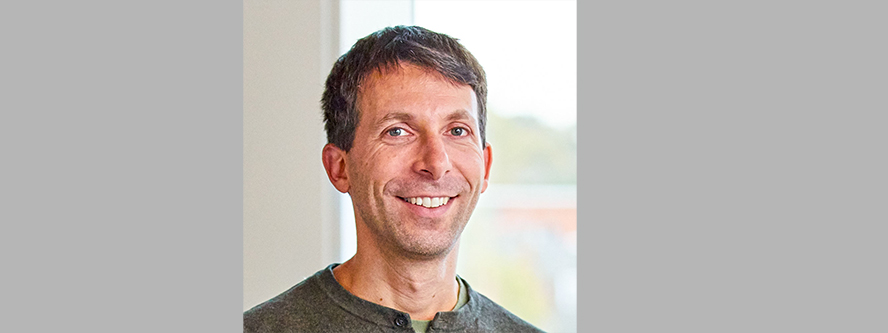
Submitted by Rachel Gardner on Thu, 05/05/2022 - 14:42
As our speaker is unwell, we are have cancelled the 2022 Wheeler Lecture that should have taken place today (Wednesday 18th May). We are replacing it instead with a Research Showcase event.
In place of the planned lecture by David Silver, Principal Research Scientist at DeepMind, we will have a programme of short research talks by members of our Department, as follows:
- 15:15-15:30 – Head of Department Professor Ann Copestake: Introduction
- 15:30-15:35 – Dr Jennifer Cobbe: 'Compliant & Accountable Systems'
- 15:35-15:50 – Professor Srinivasan Keshav: 'Bringing Trust to Carbon Credits Through Computer Science'
- 15:50-15:55 – Andrea Ferlini: 'In-Ear Audio Sensing'
- 15:55-16:10 – Professor Simon Moore: 'Fundamentally improving security using capabilities'
- 16:10-16:15 – Dr Martin Kleppmann: 'Local-first software: Resilient and secure collaboration’
- 16:15 – Close
Although the lecture cancellation is disappointing news, we hope that as many of our in-person attendees as possible will still be able to join us for these talks. (They will take place in-person only and will not be livestreamed or recorded.)
About the annual Wheeler Lectures
The annual Wheeler Lectures are held in memory of Professor David Wheeler, one of the pioneers of Computer Science. He worked on the original EDSAC computer here and wrote the first computer program ever to be stored in a computer’s working memory. He pioneered the use of sub-routines and is particularly remembered for his work on data compression.
About David Silver
We were very much looking forward to hearing this year's talk by David Silver who leads the reinforcement learning team at DeepMind and is also a professor at University College London. We hope to reschedule his lecture at a later date.
David’s work focuses on artificially intelligent agents based on reinforcement learning. David led or co-led projects that played Atari games directly from pixels (Nature 2015), defeated a world champion in the game of Go (Nature 2016), learned by itself to defeat the world’s strongest chess, shogi and Go programs (Nature 2017, Science 2018), even without knowledge of the rules (Science 2020), and defeated professional StarCraft players (Nature 2019).
He also contributed to AlphaFold, the program that solved the protein folding problem (Nature 2020, Nature 2021).
His work has been recognised by the ACM Prize in Computing, Marvin Minsky award, Mensa Foundation Prize, Royal Academy of Engineering Silver Medal, ACM Fellowship and Royal Society Fellowship.
We look forward to welcoming him into the Department to give his talk when a suitable date can be arranged.

